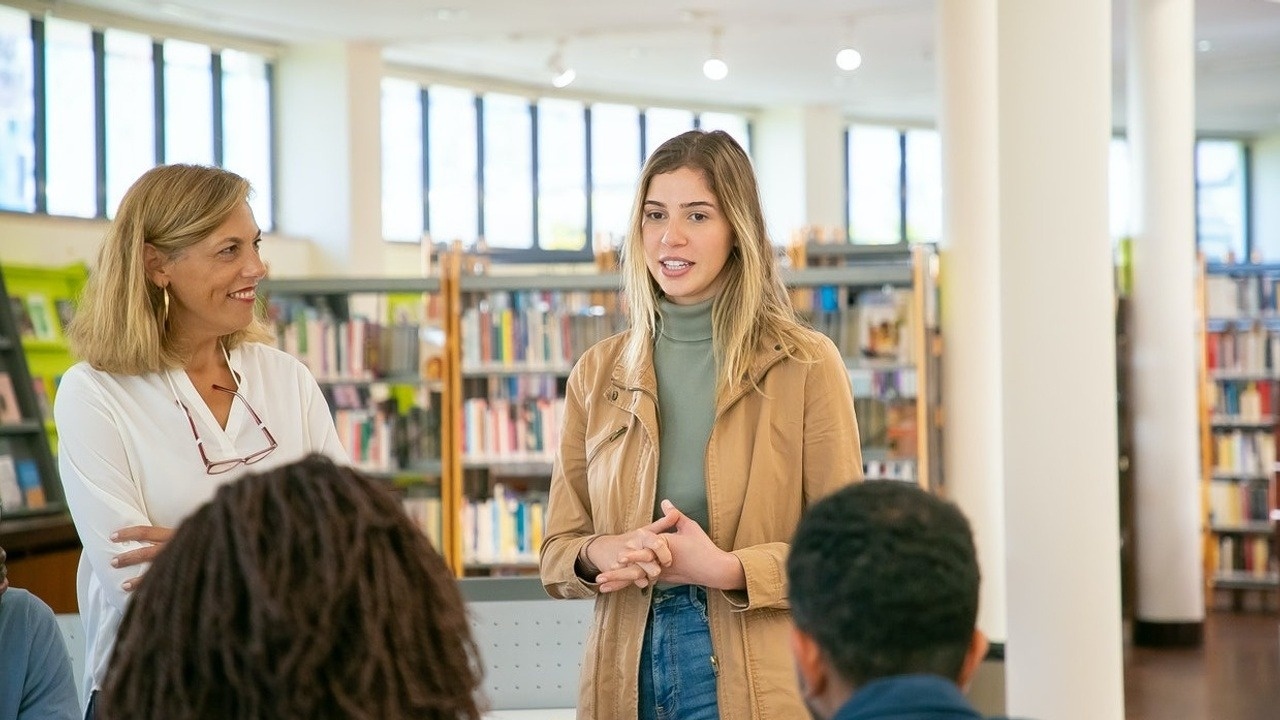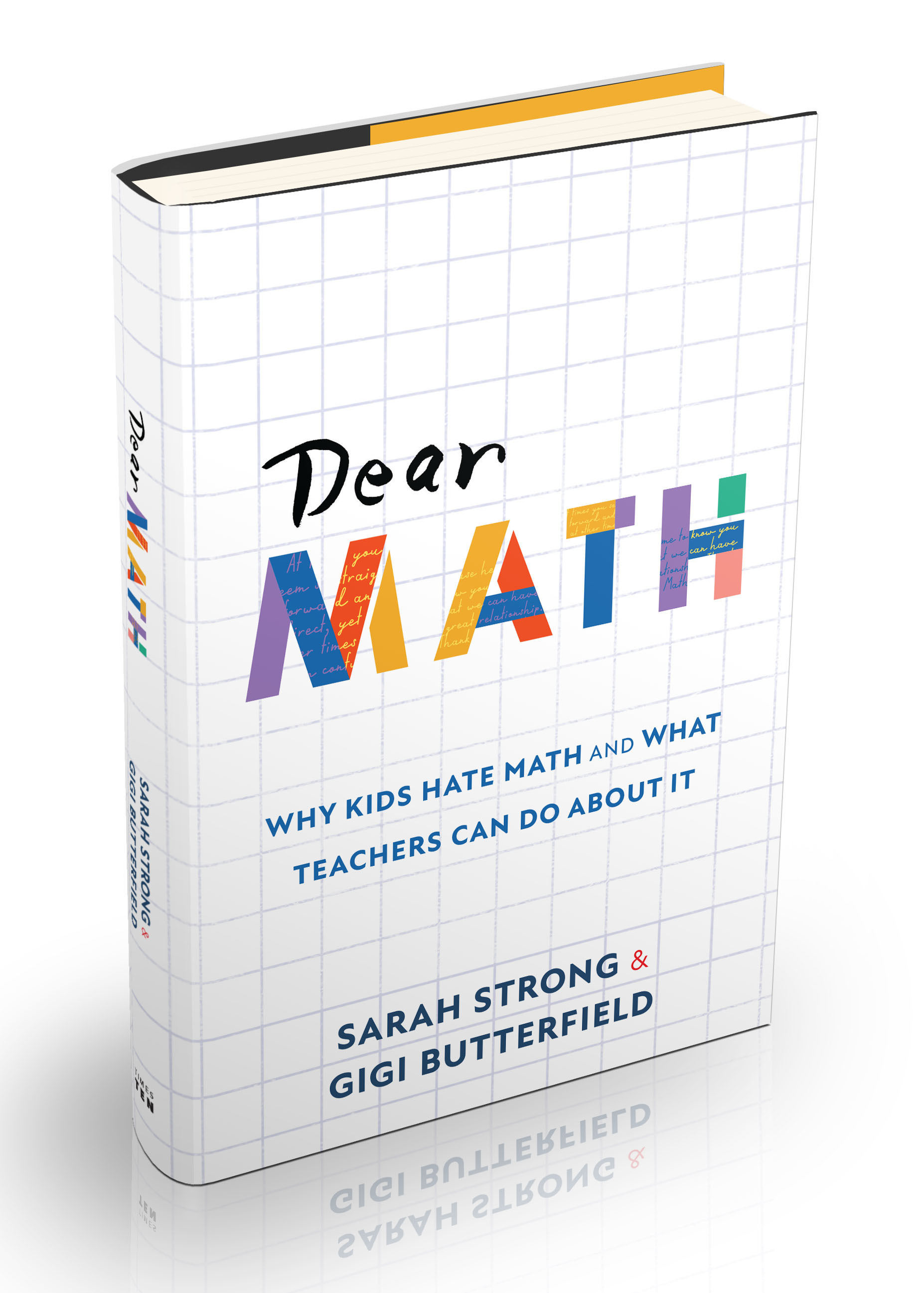Dear Educators, How Deeply Are We Listening?
Jul 15, 2025
Commentary
By Sarah Strong
The Difficulties We Face
The challenges at our school echo throughout my Twitter feed and through my many conversations with educator friends who are expressing a new depth of hurt and challenge this year about our student communities.
It's gotten me thinking about how we listen to students, and how what true listening entails has evolved, and what might be needed next.
The Educator's Role in Engagement
When I first started teaching, I thought my role was to listen for problems and then help the students solve them, sometimes taking the role of cheerleader and motivator. I encouraged persistence and grit and scheduled meetings with families to devise plans to make things work.
I listened to the students' feelings enough to know that things were hard and then gave them pep talks to encourage them. This type of listening is important, but I soon realized it wasn't enough to truly meet my students' needs.
As a math teacher, I realized that being super peppy about math content wasn't enough. I started listening when students said things like, "When am I going to use this?" and would meet it with a classic story problem or mini-project about something from the "real world."
This important work helps students see connections to the world around them in their mathematics. And I was listening to a need.
But was it enough? So many students still felt like they weren’t good enough at math—and that math wasn’t for them.
About six years into my teaching career, I attended some workshops where I experienced math as a learner in a new way. I felt celebrated for work beyond having the right answer, like having a new way of thinking about something or making a connection.
This was paradigm-shifting because I started believing and feeling that math was a creative, sense-making subject instead of an answer-getting subject. Supporting students in attaining this realization became my new goal. I needed to listen with intentionality to everything students were sharing.
I would excavate their mathematical brilliance at every turn and celebrate their mathematical work publicly and regularly. I was cheerleading, and connecting work to the real world, and broadening my understanding of what mathematics is and who could and should be successful in my class.
A More Critical Lens Toward Math Education
I looked at math education as a whole and dug into data. I noticed major racial and gendered themes on who succeeds and who doesn't, which incredibly unsettled me. I started reading a lot of Chris Emdin, Lisa Delpit, and Zaretta Hammond.
I realized that there were some deep-seated biases in both myself and the education system as a whole that needed some excavation and interrogation. If I was going to make progress, it was through listening deeply to students whose stories were very different from mine.
It helped me understand how they think about school, how they find success, how their brilliance shines, and how we must celebrate it.
I learned a lot as I grew comfortable being uncomfortable and posturing myself in an ongoing position of learning from and with the students, particularly those with very different identity markers than me.
My understanding of success had long been cloaked in one dominant narrative, and I realized I had a critical role to play in dismantling that.
A New Type of Listening
My current listening has been different and possibly deeper than ever imagined because the students are crying out for something that I don’t yet understand. As we continue to emerge from the Covid-19 pandemic and face new issues around students' academic, social, and emotional needs, listening might be the most important thing that we do.
The number of times this year where I assumed I understood a students' needs (based on my years of teaching experience) but have been VERY wrong is massive.
Today's problems call on educators’ readiness to hear needs outside what we have anticipated for many decades before. It is vital that we accept students' feelings without immediately jumping to "fix them" and center students through well-designed classroom spaces.
Covid-19 brought trauma. There has been death, there has been too much time on screens, there have been years without "consistent schools," there have been teachers resignations—and all of these issues and more have impacted the students deeply.
And so now, we listen. Listen deeply. Listen to help the students heal. Listen to help the world heal.
Dear Math is a book about listening deeply to the students who walk through our classroom doors each day. It beckons us to listen to our students—what they think about mathematics and the stories they tell about their past experiences that have formed them into the mathematicians they are today.






